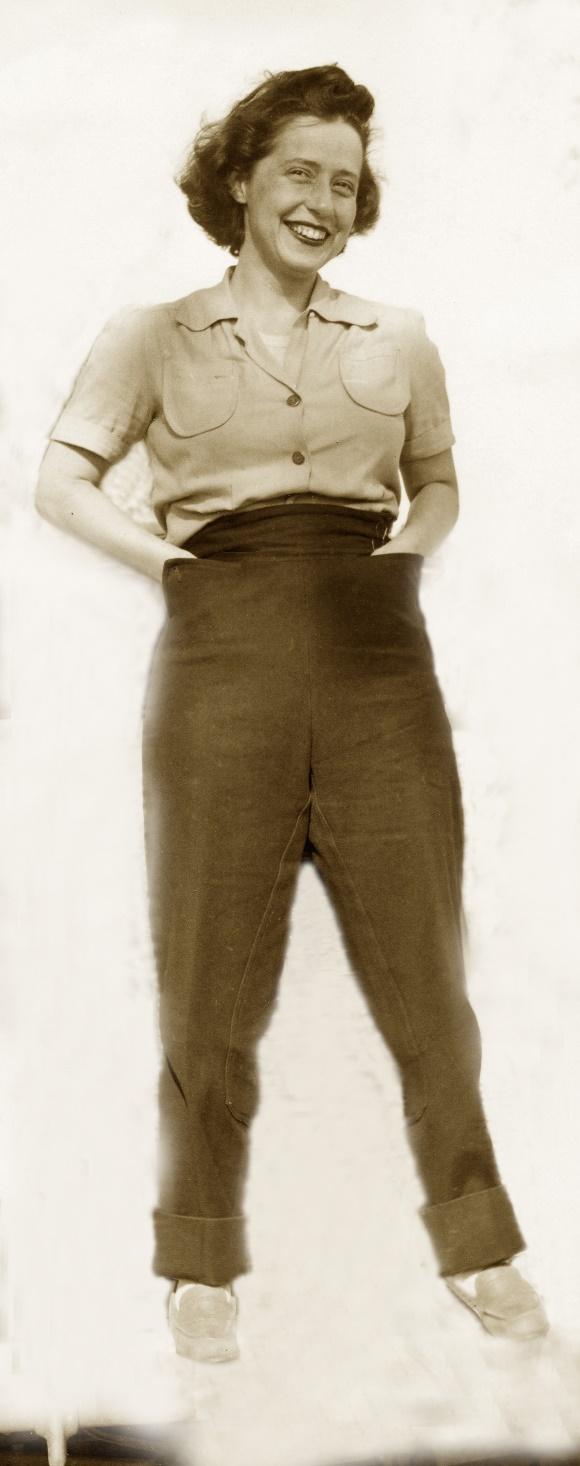
Credit: Geological Society of America
Boulder, Colo., USA: The Curtis-Hedberg Petroleum Career Achievement Award has been established by the Energy Geology Division of The Geological Society of America (GSA) and will be awarded in 2020 at the GSA Annual Meeting in Montréal, Canada.
The award will go to a GSA member who has had a career in petroleum geology and has made contributions to the discovery of petroleum reserves or the development of a new idea(s) and/or technology that increased petroleum resources. Considerations will be given for nominees’ publications as well as contributions to geoscience societies and institutions.
Nominations are heartily encouraged and solicited from both GSA members and non-members. They are due by 1 March 2020 and should include the nominee’s CV and two letters of support. Submit nominations to Laura S. Ruhl, at [email protected].
Learn more at https:/
Background
The award honors two former GSA presidents with outstanding contributions to petroleum geoscience, Dr. Doris Malkin Curtis and Dr. Hollis Hedberg.
Doris Malkin Curtis was a pioneer in the field of petroleum geology and coauthored the book How to Try to Find an Oil Field in 1981. Her career with Shell Oil Company began in 1941 and after nine years company marriage polices prevented her from continuing at Shell. She diverted to teaching at the University of Houston and Scripps Institution of Oceanography, and eventually to the University of Oklahoma. Her classes were always oversubscribed because of her popularity as a teacher. She returned to Shell after divorce in 1959 and retired from Shell in 1979. Not finished with her career, she formed a petroleum consulting partnership, Curtis and Echols, with long-time friend, Dorothy Echols. She consulted until her death in 1991. Her publications on petroleum geology included attempts to marry the Gulf Coast Tertiary geology with geochemistry to produce a realistic workable model for predicting the distribution of undiscovered oil and gas and provide an analogue in unexplored offshore basins with similar histories. She published more than 30 papers.
Curtis’ advanced education began with her B.A. from Brooklyn College (1933) and her master’s degree and Ph.D. from Columbia University in New York (1934, 1949). Curtis was the consummate devotee/contributor to geologic associations and her hard work resulted in many milestones, including being the first woman president of GSA (1991). She was also the first woman president of the American Geological Institute (1980-1981), the first woman president of the Society of Economic Paleontologists and Mineralogists (1978-1979), and the first woman Distinguished Lecturer for the American Association of Petroleum Geologists (1983-84) and their second woman Honorary Member (1983). Curtis took her work international with the International Union of Geological Sciences and many other international collaborations and efforts. She received many other awards and recognitions during her career
Hollis Hedberg was not only an oil-finder, he was a consummate scientist and developed an international reputation both in the petroleum industry and academia. Hedberg began his career in 1926 working for Lago Petroleum, a Venezuelan subsidiary of Standard Oil. In 1929, he moved to the Venezuelan Gulf Oil Company, where he became head of their geological laboratory. He later joined Gulf Oil in their New York office where he rose to vice president in 1957. He retired from Gulf in 1968, after which he joined the geology faculty at Princeton University and taught there from 1959 to 1971.
Hedberg received his B.A. in geology from the University of Kansas (1925), master’s degree from Cornell University (1926), and Ph.D. from Stanford University (1937). He was president of GSA (1960) and received its oldest and most prestigious award, the Penrose Medal (1980). He received the Sidney Powers Award from the American Association of Petroleum Geologists (1963), both the William Smith Lecture and Wollaston Medal from the Geological Society of London, the National Academy of Sciences Mary Clark Thompson Award, the University of Kansas Distinguished Service Award (1963), the Medalia de Honor de la Instruccion Publica from the Venezuelan government (1941), and many others. Hedberg published over 70 papers.
Curtis and Hedberg both shared an interest in the oceans. Curtis spent 1977-1978 on the Deep Sea Drilling Project on the Glomar Challenger, one leg in Japanese waters, the other off Panama. Hedberg was so interested in the oceans he convinced Gulf Oil to launch an ocean exploration ship (R/V Hollis Hedberg).
###
The Geological Society of America, founded in 1888, is a scientific society with members from academia, government, and industry in more than 100 countries. Through its meetings, publications, and programs, GSA enhances the professional growth of its members and promotes the geosciences in the service of humankind. Headquartered in Boulder, Colorado, USA, GSA encourages cooperative research among earth, life, planetary, and social scientists, fosters public dialogue on geoscience issues, and supports all levels of earth science education.
http://www.
Media Contact
Christa Stratton
[email protected]
Original Source
https:/




